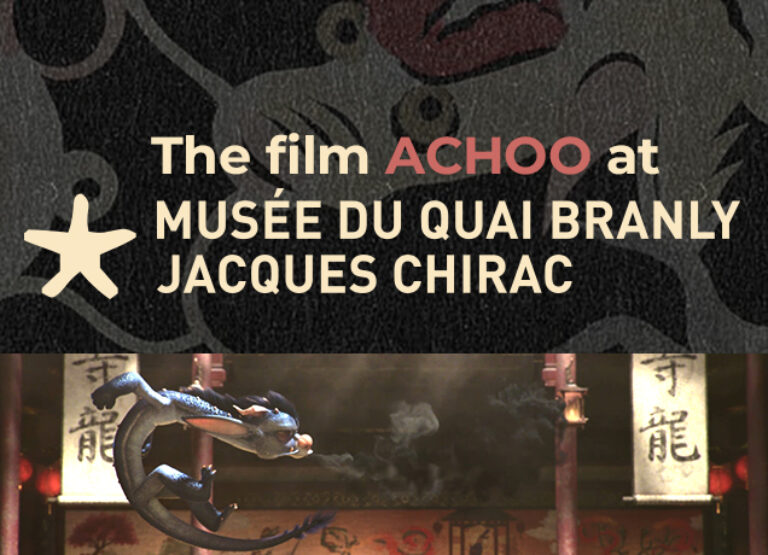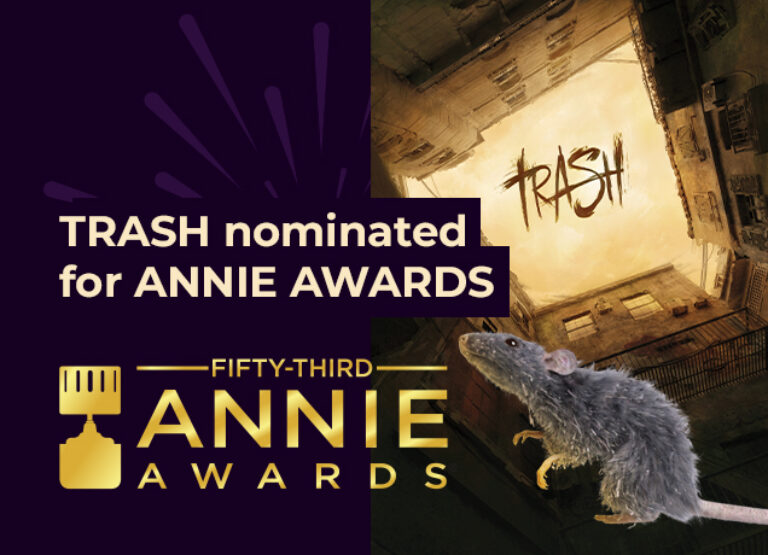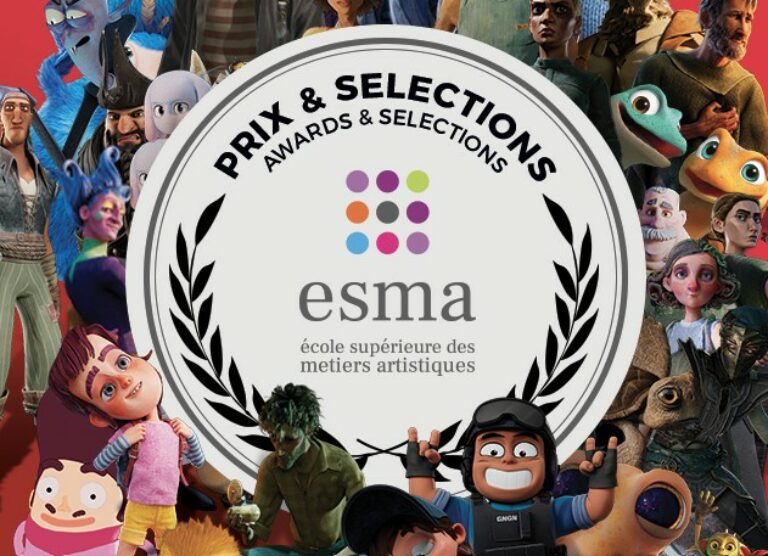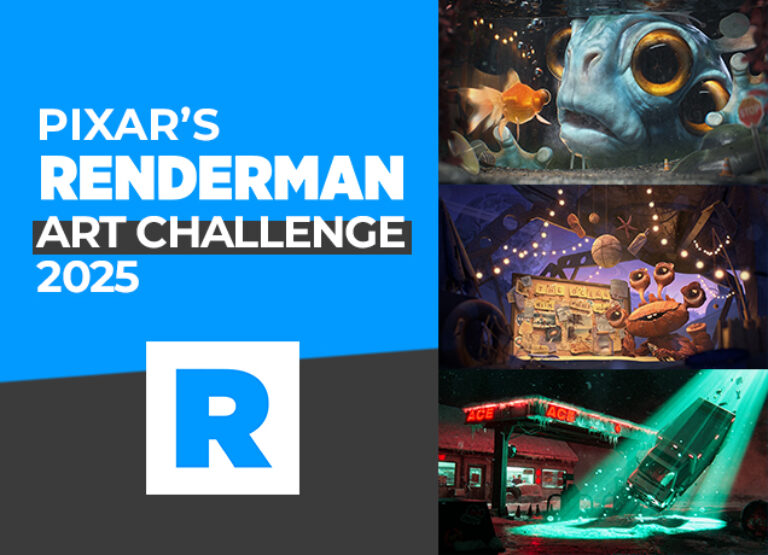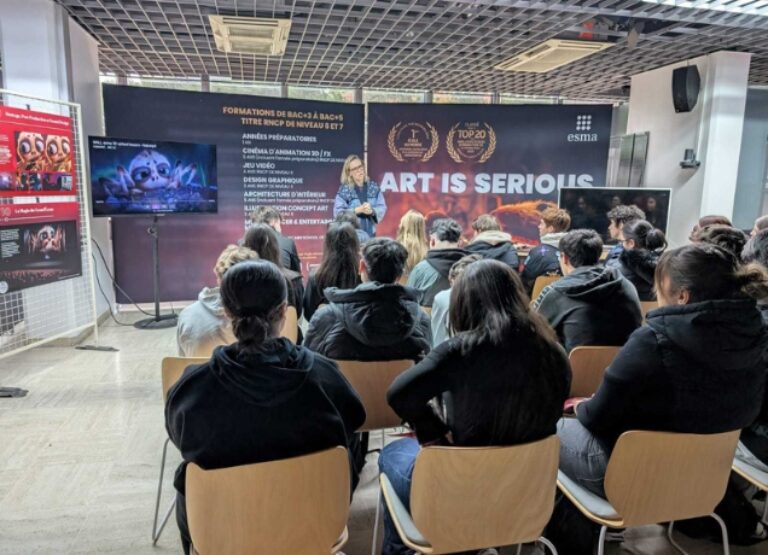
- Published 12.03.2024
- type News
Summarize with:
At the 16th edition of the RADI / RAF, the Creative Schools LAB of the network of creative schools shed light on Artificial Intelligence, by developing a strategic reflection on the way in which schools can seize it. Here's a look back at the 4 days of events that bring together industry professionals every year to take stock of the innovations that are transforming the sector.
What is the Creative Schools Lab?
Launched at the initiative of all the member schools of the network of creative schools (ESMA, CinéCréatis, ETPA, IFFDEC, Pivaut, Collège Salette and Collège Marsan), the LAB des Écoles Créatives is a research laboratory dedicated to analysing practices in the sector, with the aim of adapting teaching approaches to changes in the market. Under the direction of its Research Director Sandra Mellot, it enables training establishments to offer up-to-date content, adjust to technological and sectoral developments, and prepare students for an optimal professional career, enriched by the tools and opportunities offered by innovation.
Find out more about the Lab’s activities on its YouTube channel: Le LAB des Écoles Créatives – YouTube.
RADI / RAF: serving the animation sector since 2009
RADI (Rencontres Animation Développement Innovation) and RAF (Rencontres Animation Formation) are two concurrent events created in 2009* on the initiative of the Pôle Image d’Angoulême Magelis. While the first aims to take stock of the industry and shed light on the challenges it faces in terms of research and innovation, the second takes a closer look at those involved in training and actual teaching practices.
It’s a rich programme, which each year draws valuable lessons and anticipates future challenges for the French animation sector.
* Created in 2009, the RAF was joined by the RADI, launched in 2014.
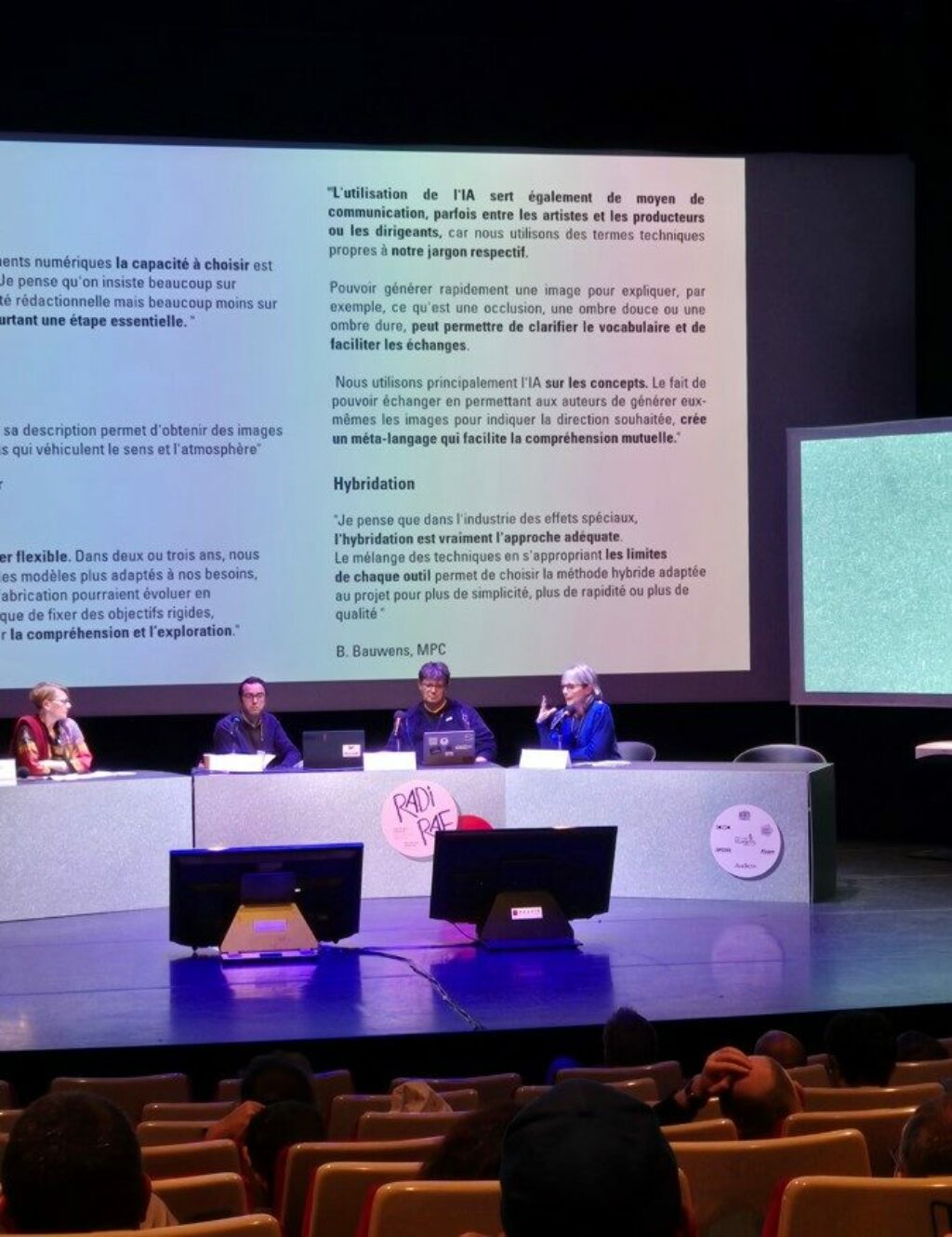
RADI / RAF 2024: AI at the core of the debates
Artificial intelligence may not have been the only theme addressed in the many debates that took place over the 4 days of the event, but the subject was certainly widely discussed.
It was RADI that got the ball rolling, with two intense days of talks and debates on next-generation tools, Open Source animation, future animation tools from academic research, volumetric capture, and Spatial Intelligence for animation.
The keynote address by Marc Petit, former Head of Special Projects at Softimage and former Vice-President of Autodesk and Epic Games, was a highlight, as he outlined the technological developments that will soon revolutionise the world of animation.
Other speakers addressed a variety of themes and offered fresh perspectives, each time pointing to increased room for manoeuvre and a host of new opportunities in the sector.
At the end of the two days, participants were able to discover ‘RADI Demos: new innovative solutions for animation’ and to form an informed opinion on the possibilities offered to date.
The last two days were devoted to the RAF, beginning with a RADI / RAF bridge conference on the impact of AI on the animation professions, led by Jean Condé.
After this, the speakers addressed a wide range of subjects, including manager training, access for women to technical professions, the schools-studios forum, the RECA labelling process, dialogue between employers and employee unions, and the ‘Creative Handicap’ inclusion solution.
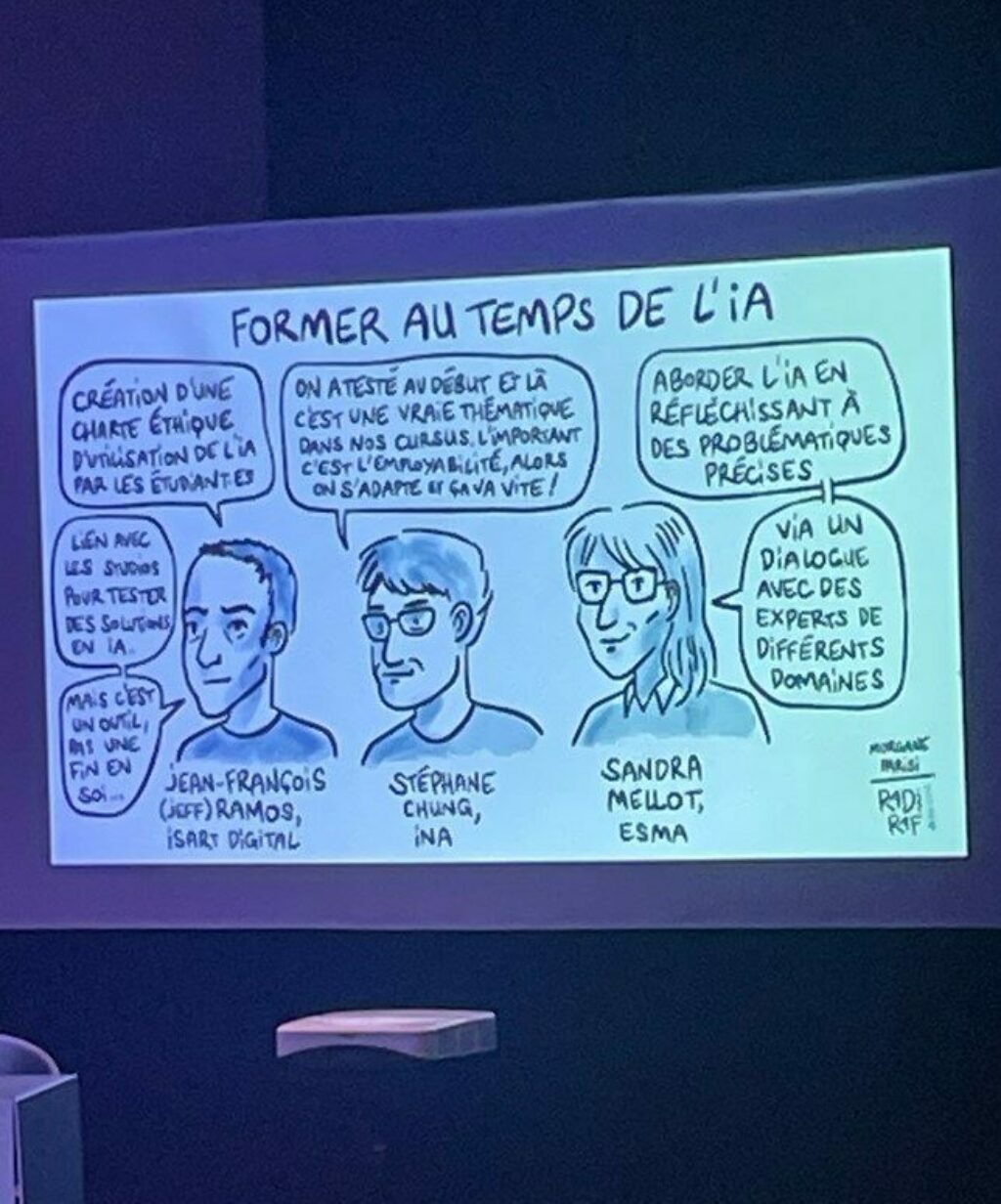
Round Table on training in the age of AI
At the round-table discussion on training in the age of AI, Stéphane Chung, Head of Education at INA, Jean-François Ramos, Director of Education in the ISART Digital film department, and Sandra Mellot, Director of Research at LAB des Écoles Créatives, discussed the challenges posed by these developments.
In particular, they emphasised the usefulness of an ethical charter for students, the need to promote student employability and the importance of starting from the issues and projects to question the relevance of AI, rather than the other way round.
It is this last point that was explored by Sandra Mellot and the LAB des Écoles Créatives, who advocate controlled innovation and the alignment of teaching practices with the needs of the sector, while at the same time critically questioning AI.
The videos of these constructive and enriching discussions can be viewed online, on the 3DVF YouTubepage .
To your screens!
